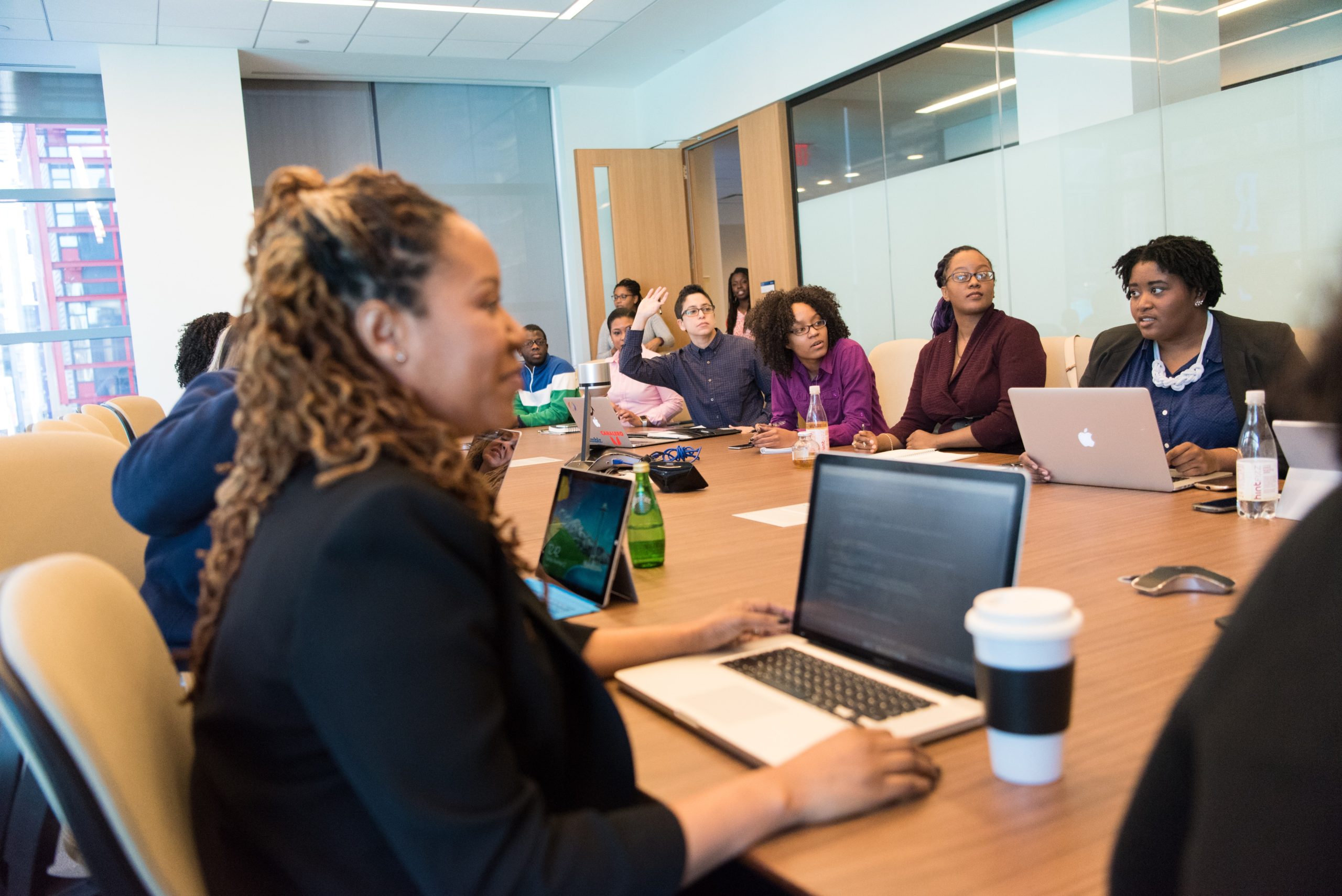How to Deal with Interview Rejections
How to Deal with Interview Rejections
It can be very frustrating when an interview outcome is not as expected, especially after having prepared well. However, it is essential to remember that how you deal with rejection is just as significant as your resume’s skills.
If you allow rejections to smash your confidence and make you question your abilities, then it could negatively influence your performance in future interviews.
In case a rejection call or email notification pings on your phone, below are some of the few things to remember, which will help you remain motivated, optimistic, and positive.
- It is Not All About You
It is quite easy to accept rejection by personally blaming yourself or your interview skill when you fail to land the job. This is why we always urge professionals to not read too much into your rejection by putting the whole blame on yourself. Sometimes, the majority of these decisions that resulted in your rejection are rarely based entirely on your performance. If you have prepared fully and tried your best, there is very little you could have done.
The majority of the motives behind hiring decisions will not be made clear to you. You may have performed competently, but there could be other circumstances at play. For example, there could have been a strong internal candidate already familiar with the company’s business policy and activities. It could also be that a candidate who went through the interview slightly had more relevant experience than you. These are some of the things you cannot change; they are beyond your control.
- Rejection is Not a Final Feedback
Don’t just conclude that everything you are doing is wrong because you did not get the job. It is perfectly reasonable to politely ask the employer or recruiter for more comprehensive feedback regarding your interview to enable you to improve. However, it is essential to note that some interview feedback can sometimes be unhelpful and disturbing. So, ensure you seek out other genuinely helpful feedback where possible. You could seek the advice of an HR professional and try a mock interview to practice and obtain some constructive criticism.
- Always Leave Room for Plan B
Don’t nail all your hopes on a particular job offer with the belief that it is an exact fit. If you don’t get that job, depression will undoubtedly set in. It is also smart to seek multiple opportunities even when you don’t want to. Having an alternative in place will leave you motivated to try other means when you encounter a job rejection.
- Don’t Bring Up the Past
Once you are rejected, there are tendencies that you would love to relive the situation by discussing it with others when you shouldn’t. Instead of concentrating on rejections, strive to focus on instances when you have succeeded and when your goals were fulfilled. Recollecting those positive outcomes will boost your morale and provide the feeling that you are meant for something better and bigger.
- Focus on Your strengths
There will always be areas where everyone can develop but remember that you brought your incredible value proposition and affections to the table. Concentrating on these can provide the momentum and the renewed energy you need to locate the job that’s right for you.
It is recommended to generate a list of your strengths and critical contributions to previous workplaces. This makes you aware of your value as an employee, but it can also come as a valuable tool for your next job interview.
- A Fresh Approach
Don’t carry the interview burden around with you. Approach each new job vacancy with a positive attitude and a fresh perspective. Arrange your CV to best match a new chance, thoroughly research, and get ready for a new interview. If you made mistakes or felt incompetent in your last interview, then learn from it. Don’t hold such mistakes at the forefront of your mind; it will only make you anxious. Each company and the hiring manager are different, and they will have several ideas of the ‘ideal candidate.’ So, maintain a new approach while staying true to your experience and personality.
- Continue Learning and Developing
Your confidence can take a blow when you get a rejection. So, it is very crucial to work hard at protecting your motivation and morale level buoyancy. If you do not have a job, it is an excellent suggestion to keep your skills sharpened and your experience updated. This may be in the form of a part-time training course relevant to the passionate job you wish to secure in a philanthropy project or a position in a company of interest. By being professionally involved, you can assist steady development, increase your confidence, provide yourself a focus outside your job quest, and give a discussion point in your next interview.
- Build Resilience
In today’s rapidly changing workplace ethics and the force of technological advancement, companies revamp themselves with excellent skills. Hence, building a mindset of resilience and grit is essential for long-term success. Recognize each disappointment as a challenge to develop your understanding and your capacity to bounce back and effectively handle disappointment.
Conclusively, overcoming difficulties on your career path will boost your chances of securing the right role. Make it a point to remain constructive and do all you can to learn from the experience of rejection to enable you to get ready for the next opportunity.
After all, getting rejected from a job happens to everyone; the most crucial thing is what you learned from the experience.






